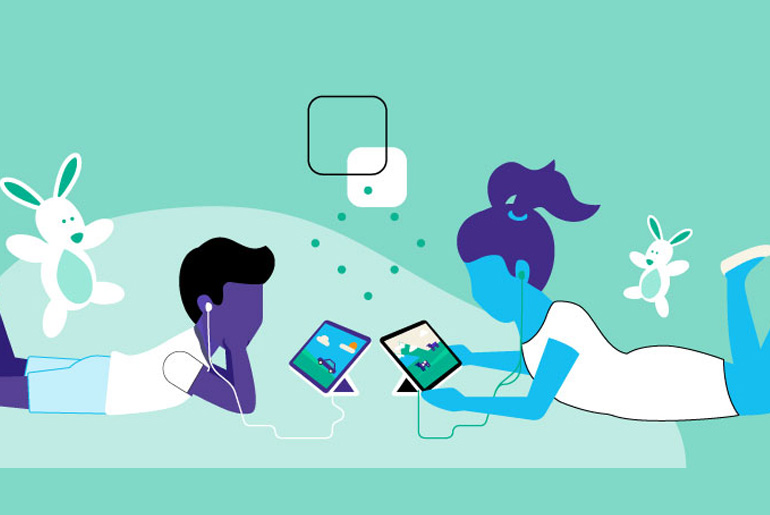In a series of studies conducted by MIT researchers, it has been observed that mindfulness practices, defined as cultivating open-minded attention to the present moment, offer several benefits to children. These studies aimed to explore the potential of remote, apps-based mindfulness interventions, especially in the context of the COVID-19 pandemic. The results showed promising outcomes for the use of such interventions, suggesting that they could reach a larger number of children compared to traditional school-based approaches.
The first study conducted in 2020 and 2021 involved children using a mindfulness app at home for 40 days. The children showed improvements in various aspects of their mental health, including reductions in stress and negative emotions like loneliness and fear. This finding indicated the potential of remote, app-based mindfulness practices to provide mental health benefits to children.
“To some extent, the impact of Covid is out of your control as an individual, but your ability to respond to it and to interpret it may be something that mindfulness can help with,” states MIT graduate student Isaac Treves, who is the lead author of both studies.
Another study investigated the effects of mindfulness on children’s resilience to the negative emotions generated by the COVID-19 pandemic, such as frustration and loneliness. Children with higher levels of mindfulness demonstrated a lower correlation between the pandemic’s impact and negative emotions. In contrast, children with lower levels of mindfulness showed a stronger correlation between the pandemic’s impact and negative emotions, highlighting the importance of mindfulness during challenging times.
The researchers then explored the effectiveness of a remote, app-based intervention on increasing mindfulness and improving mental health. Children who engaged in mindfulness training through an app experienced improvements in mental health, including reduced stress and negative emotions. Parental involvement and consistent engagement with mindfulness exercises were seen as factors contributing to these positive outcomes.
“This paper was our best attempt to look at mindfulness specifically in the context of Covid and to think about what are the factors that may help children adapt to the changing circumstances,” Treves states.
“The takeaway is not that we shouldn’t worry about pandemics because we can just help the kids with mindfulness. People are able to be resilient when they’re in systems that support them, and in families that support them.”
The study compared three groups: one receiving mindfulness training through an app, and two others using an app for listening to audiobooks (with or without facilitator-led sessions). All three groups showed improvements in mental health and prosocial behavior, but the mindfulness group demonstrated a more significant decrease in stress. Surprisingly, there were no significant differences in measures of anxiety and depression between the mindfulness group and audiobook groups, possibly because students who interacted with a facilitator in the audiobook groups also experienced beneficial effects on their mental health.
In summary, these studies suggest that remote, app-based mindfulness training can be valuable, especially when children engage with the exercises consistently and receive support from their parents. This approach also has the potential to reach a larger number of children compared to school-based programs, which require more resources and training. The findings highlight the significance of mindfulness in enhancing children’s mental well-being, especially during times of crisis like the COVID-19 pandemic.
“There are a lot of great ways to incorporate mindfulness training into schools, but in general, it’s more resource-intensive than having people download an app. So, in terms of pure scalability and cost-effectiveness, apps are useful,” Treves states. “Another good thing about apps is that the kids can go at their own pace and repeat practices that they like, so there’s more freedom of choice.”
Disclaimer:
The information contained in this article is for educational and informational purposes only and is not intended as a health advice. We would ask you to consult a qualified professional or medical expert to gain additional knowledge before you choose to consume any product or perform any exercise.








